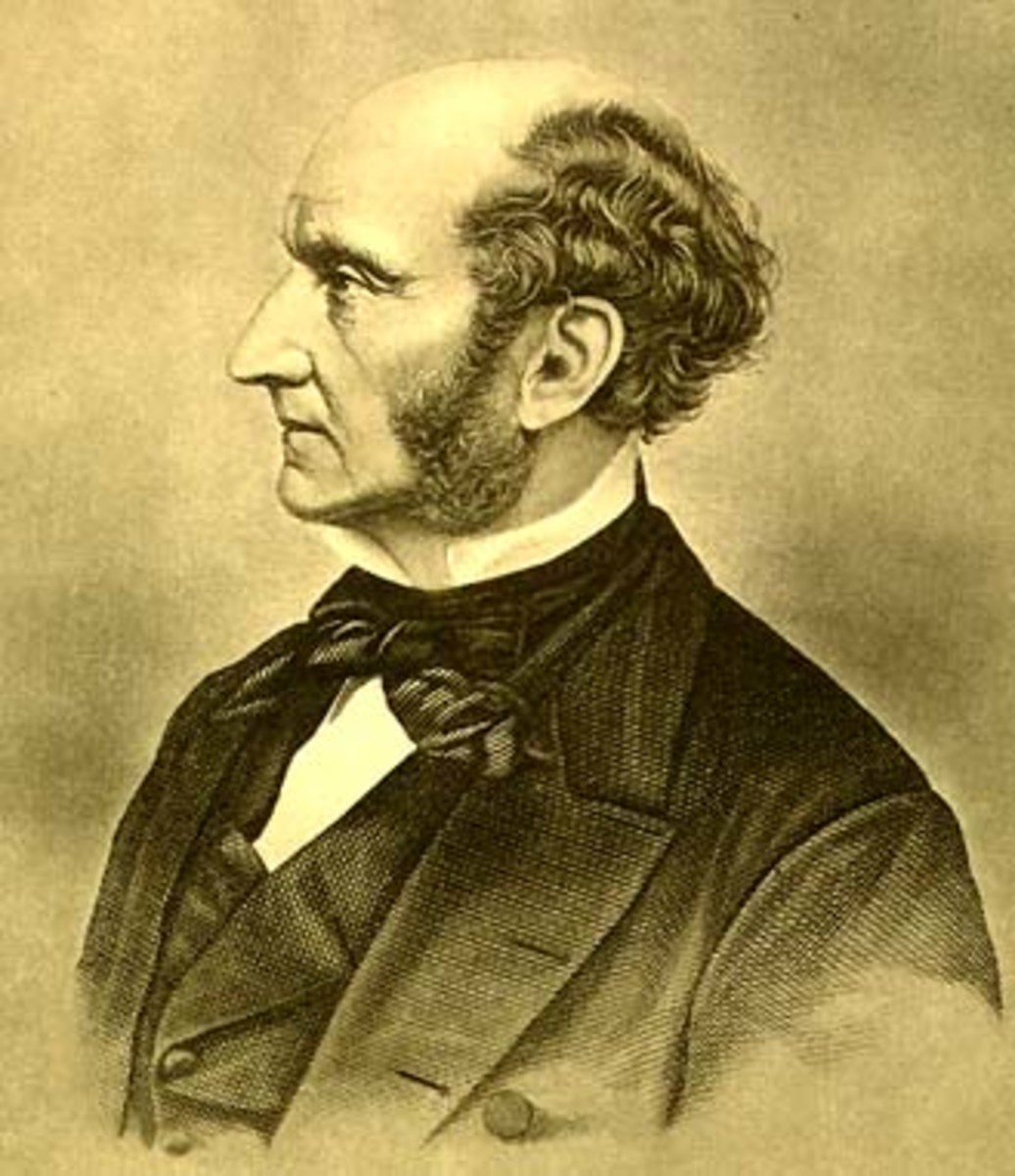Right To Life
Utilitarianism’s main goal is to provide the greatest happiness to the greatest number of people, where as Virtue ethics is looking not at the result of an action or what a person should do, but what a person should be, so that is how their approach a situation like the right to life would both differ from each other depending on their moral beliefs. With Utilitarianism, if it came to the situation where someone wanted an abortion to take place, then they would see how everyone felt about it. For example, if the mother and father wanted the abortion and the doctor agreed that it would be acceptable because the greatest number would support it, therefore it would bring the greatest happiness. However, in the case of whether it was only the mother who wanted the abortion, with the father not wanting her to have one and the doctor advising against it, Utilitarianism would have to look more closely at the situation as to what the proper course of action should be. If Interest Utilitarianism fails, then Hare suggested going onto Preference Utilitarianism. In this case it is important to take account of every individual preference, unless those preferences come into direct conflict with someone else’s. This method has the purpose of increasing the chances that the preference of all those involved are met. In the case of abortion there is no halfway mark; you either have an abortion or you don’t, but one way Utilitarianism might approach the problem is by suggesting that an abortion is allowed this time round, but the next time the woman becomes pregnant then an abortion would not be allowed. However, this would be unlikely to go down well, so it is more likely that Utilitarianism would bring in more than just the three individuals involved, such as other doctors and other members of the family and then decide on whether it is acceptable or unacceptable to have an abortion depending on the results.
However, Virtue ethics would take a very different approach to the issue of the right to life. As they are more concerned with whom a person should be, then it is more likely that they would be against Utilitarianism from the start because they believe the child has a right to become someone like every other person has been able to. This doesn’t mean that they wouldn’t look at the situation; they would use the ‘mean bar’, which is a device they use to measure deficiency and excess. In this case doing nothing would be a deficiency, but at the same time an abortion would be an excess. This leaves the mean, the in between, where the solution can be found. It may not lead to the greatest happiness, or may not suit everybody, but it is a reasonable compromise and takes into account all the individuals involved. Unlike Utilitarianism which searches for the greatest happiness – but cannot ask the unborn child about which would give it the greatest happiness, although it is reasonable to assume that the child would want to live. – Virtue ethics will be able to take the unborn child’s needs into account by giving it the right to life, instead of only considering the parent’s and doctor’s view. The mean solution would be to give help in looking after the child when it is born, for example a nanny, parenting lessons, etc, which would make looking after a baby less of a trial. They would also apply the four cardinal virtues – wisdom, courage, justice and temperance – and the cardinal vices –pride, avarice, lust, envy, gluttony and sloth. Having an abortion could damage the woman’s reproductive system, so it would be wise not to go through with it. It would be more courageous to go through with the birth and the challenge of caring for a child than it would to just get rid of the problem, which would be sloth. Some people might argue that having an abortion is murder and it would be wrong to not only commit murder, but commit it when it was the parent’s lust that got the woman pregnant in the first place. Giving the child the right to life has a lot more justice. Having a child can also test your temperance so you don’t get too avarice or have the excess of gluttony.
As you can see the two ethical groups have different methods of dealing with issues like these. Both have their advantages and their disadvantages. Utilitarianism is more straight forward, but looks more at the consequences of an action, where as virtue ethics focuses more on the individual, but it involves a lot more debate about the problem, meaning it takes longer for the issues to be resolved.
It is in debate to whether Utilitarianism actually has any valid points to make on the value of human life. This is because Utilitarianism focuses on Mill’s Rule which says that most people go for the immediate pleasures rather than the more refined ones. Utilitarianism seems to follow this and try to gain the greatest happiness for the greatest number for the immediate future instead of the long term. For example, a couple may want an abortion because it is an immediate way to solve doing less work, so Utilitarianism try achieve this by allowing the abortion, not taking into account that after a few years or when the child is ale to look after his/herself, the parents will love their child dearly, feel a sense of fulfilment and in the end will be much happier than they would have been if they had an abortion.
On the other hand, Utilitarianism is the most widely accepted moral theory today because it is so easy to adopt, which means that it can’t be completely true that Utilitarianism has nothing of value to say of the issue of human life because otherwise there wouldn’t be any followers of their methods. Due to its common desire to benefit the majority of people, it does still give valid points on the debate, just because everyone doesn’t agree with them doesn’t mean they are not valid. Though some people may argue against it for the reasons above, which would mean that they were also arguing against democracy because Utilitarianism is the moral side of democracy. Despite the fact that it is going for the short term solution, it is only giving what the majority of people want, which is what democracy does. It gives people the choice and then follows that even if they know that in the long term it is not what will benefit them most.
Different people have different views on whether Utilitarianism has any valid points on the value of human life; in my opinion, it does, however this is inadequate. Though its points may be important and have merit in the debate, I believe it needs to go further and look at the long term solutions instead of the quick fixes that people believe they want, but will actually not be as helpful in the future.









